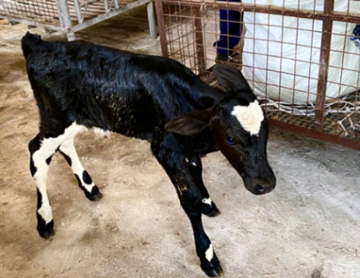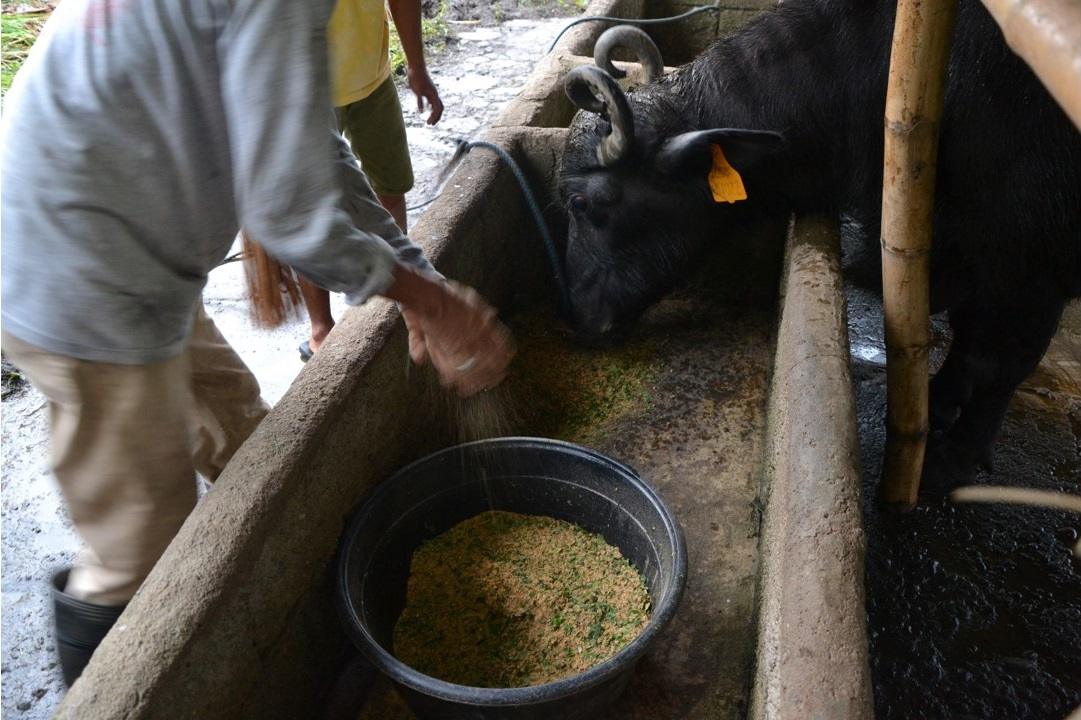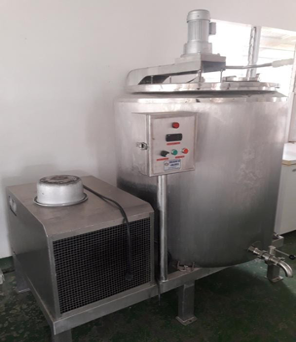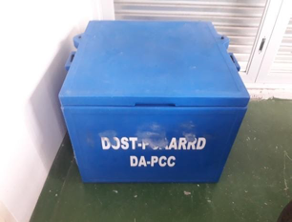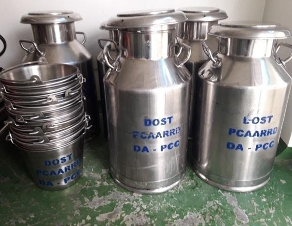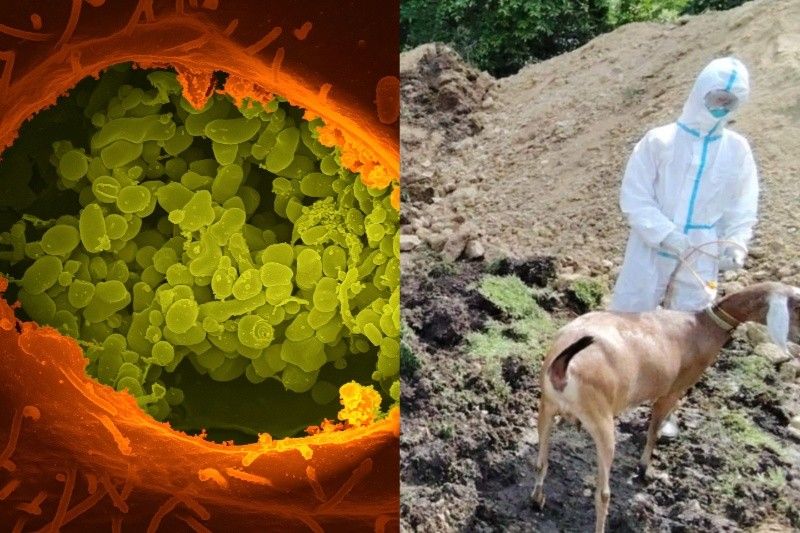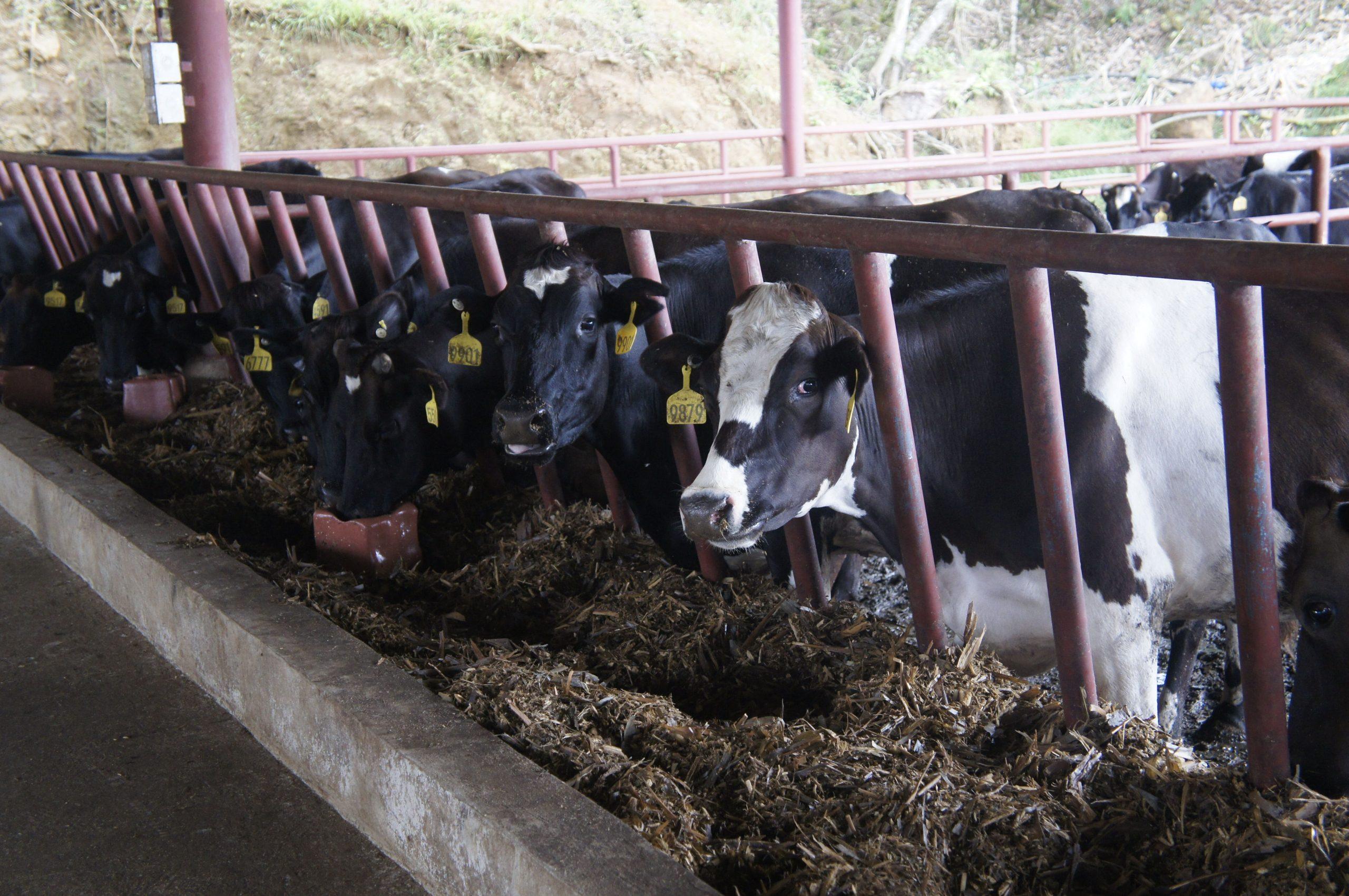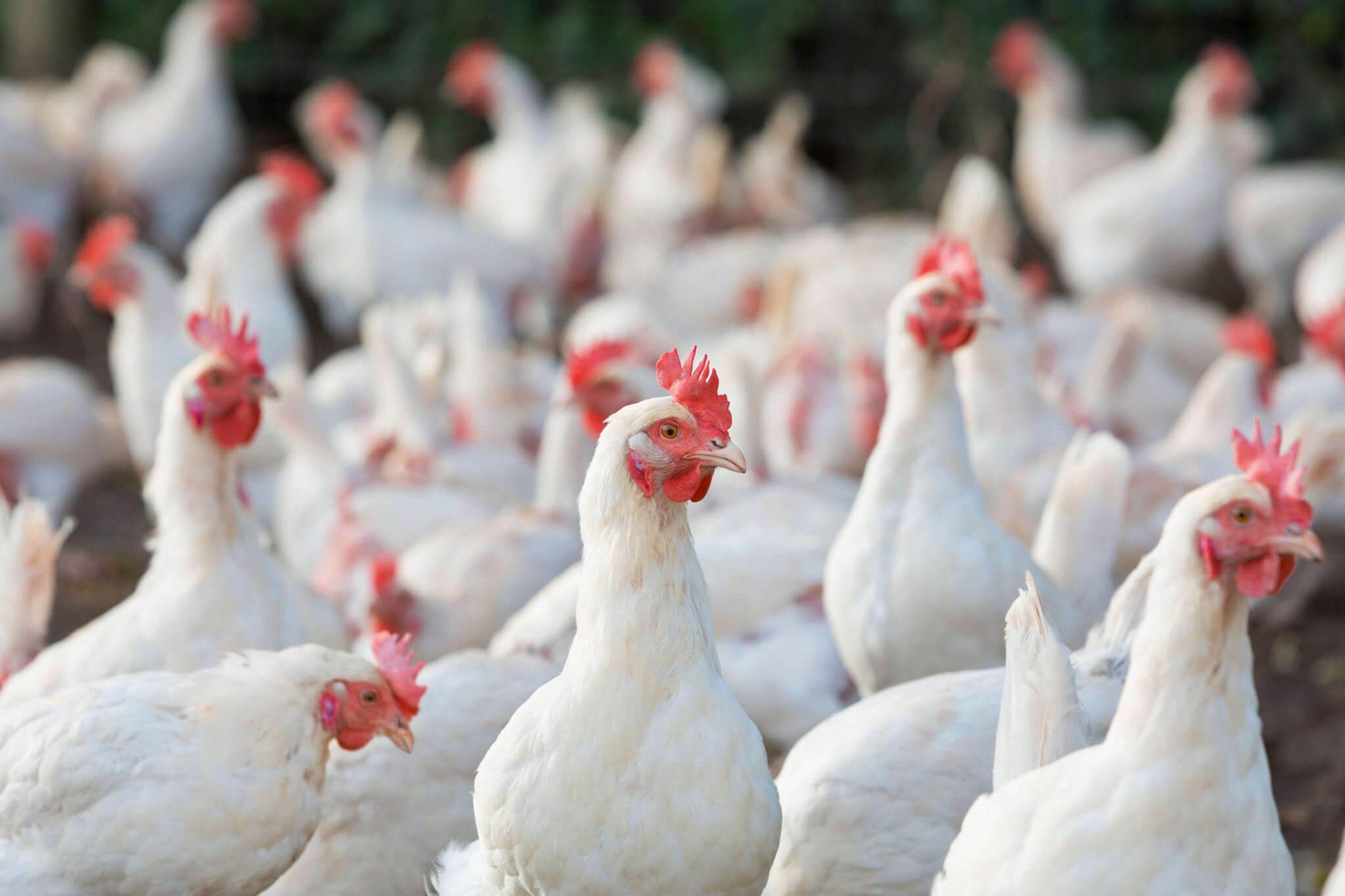Dairy Industry Profile
The National Dairy Authority (NDA) reported that the dairy sub-sector, which includes carabao/buffalo, dairy cattle and dairy goat, contributed 16.8% to the total Philippine agricultural value. In 2021, PSA reported the total dairy production of 26.3 thousand MT which is grossed at current prices amounting to Php 1.408 billion, as the dairy sub-sector recorded an uptrend in gross earning with 16.7% growth. The increases in value were 22.1%, 18.5%, and 14.6% for buffalo, cattle, and goat, respectively. However, the Philippines only produces 1% of its 2.5 billion liter milk demand, as reported by NSA, which leads the country to import 99% of the dairy products.
The Philippines has four main types of dairy farms which are individual smallholder producers, smallholder cooperatives, commercial farms, and government farms (i.e. Philippine Carabao Center and State Universities). Smallholder farmers with an average of 2-4 heads mainly comprise the dairy industry in the country. There are dual-purpose breeds, which are used for both dairy and meat production, and there are improved dairy breed animals which are mainly used for dairy production. Milk is the most important product from dairy farming. Some farmers sell the milk from their farms to cooperatives or local milk processors, which then produce various dairy products such as pasteurized fresh milk, flavored milk, cheeses, ice cream, fermented milk, and confectioneries.
Problems in the Industry
There is not enough local dairy supply to meet the local demand. Hence, the Philippines needs to increase the dairy industry’s competitiveness for the country to rely less on imports, and minimize the current trade deficit. The milk production is highly affected by poor feed and management practices, high production costs and lack of adequate dairy infrastructure. Other problems faced by the industry are water scarcity, poor mechanization, low reproductive efficiency, and the high wastage due to the high perishability of milk.
Dairy Policies
ISP for Dairy
The PCAARRD Dairy ISP targets to increase average daily milk production for daily buffalo and dairy cattle, increase lactation period, decrease breeding period and decrease calving intervals, and reduce milk wastage and/or spoilage.


